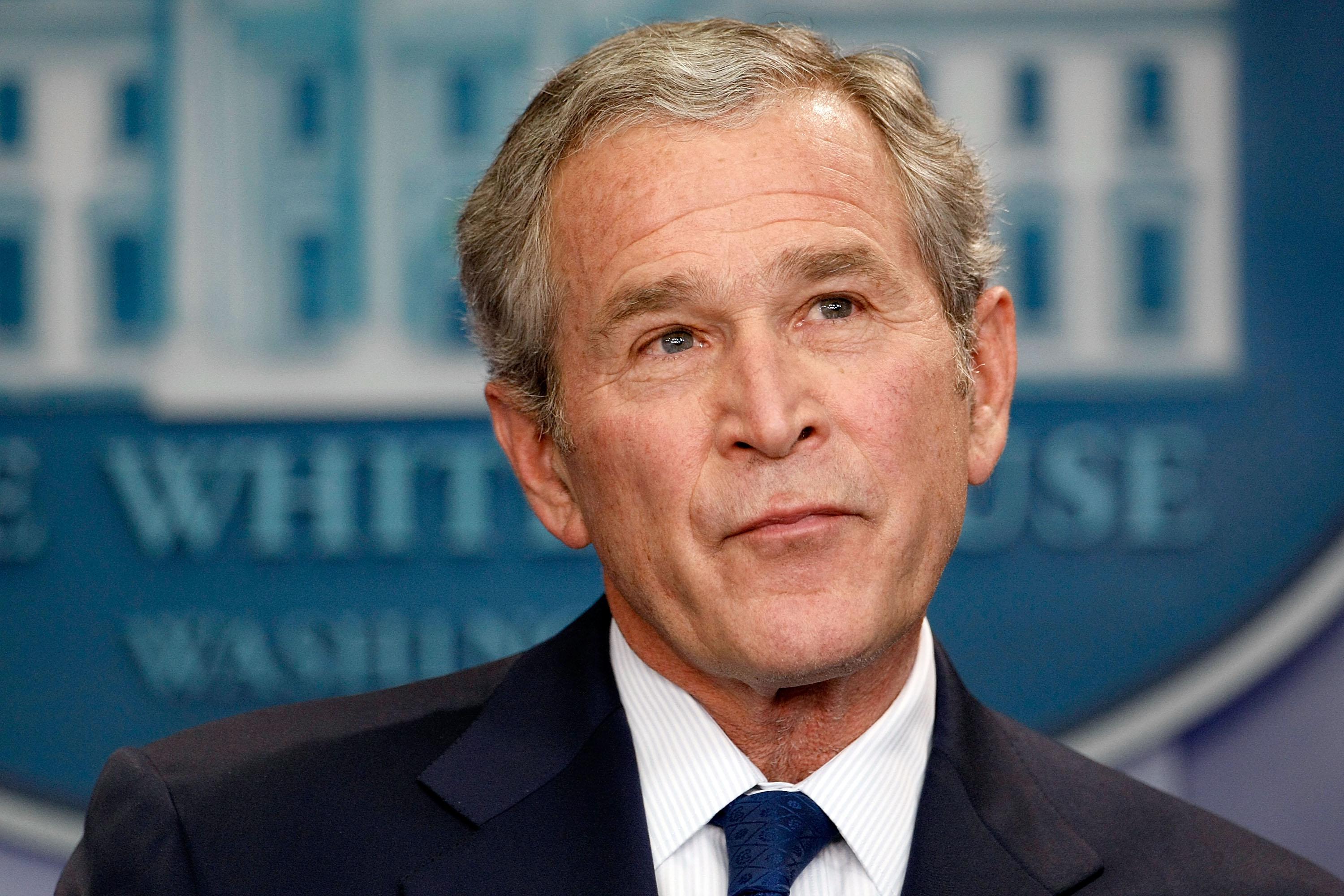In a classic Friday night document dump, the Justice Department released two decade-old memos that provide the most clear picture yet of the way President George W. Bush’s administration justified wiretapping communications by Americans without a warrant. Although the basic justifications for the program that the New York Times unmasked in 2005 were already known, “the sweep of the reasoning becomes even clearer in the memos written by then-Assistant Attorney General Jack Goldsmith,” points out the Washington Post.
In a 108-page 2004 memo, Goldsmith writes that if there has been attack on the United States the president “has inherent constitutional authority” to order wiretapping without a warrant. And this power involves “an authority that Congress cannot curtail,” Goldsmith wrote. That authority is so broad that being at war isn’t even necessary. Citing the Federalist papers, Goldsmith writes that the president can conduct warrantless searches for foreign intelligence “even in peacetime.”
The conclusion of the memos “are deeply disturbing,” says Patrick Toomey, a staff attorney at the ACLU, which was one of the organizations that obtained the memos through a Freedom of Information Act lawsuit. “They suggest that the president’s power to monitor the communications of Americans is virtually unlimited—by the Constitution, or by Congress—when it comes to foreign intelligence.” But the memos also illustrate how several years after the program first began, lawyers were still “struggling to put the program on sound legal footing,” adds Toomey.
